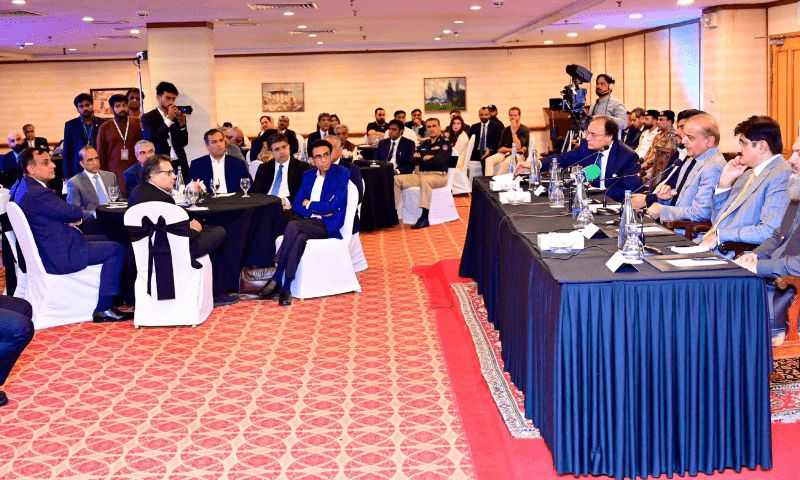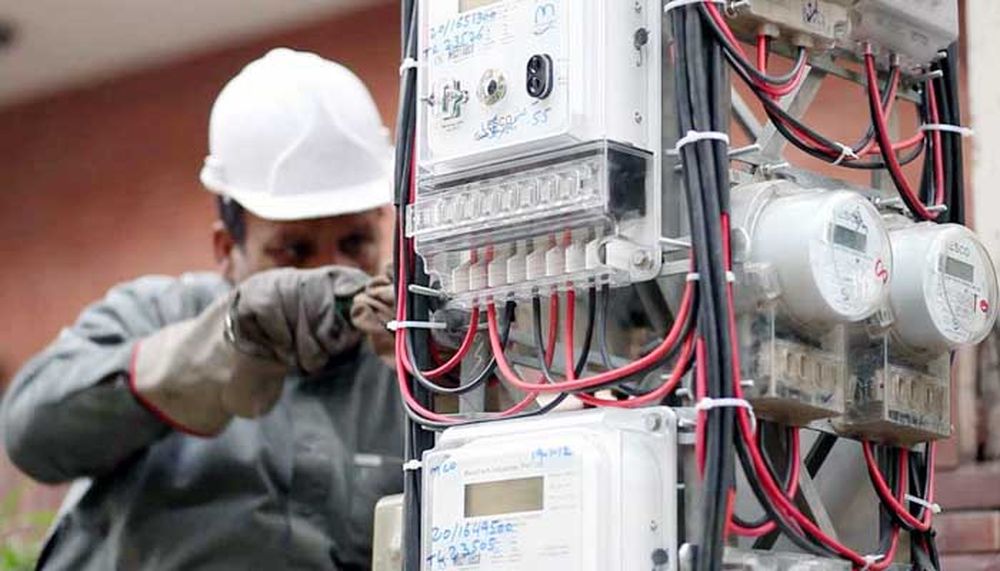Mohsin Siddiqui (Chief Reporter)
Pakistan’s Tariff Policy Board grapples with indecision over the withdrawal of a 5% regulatory duty on man-made fabric imports, highlighting conflicting business interests and challenging the government’s commitment to reducing business expenses.
Despite numerous meetings, Pakistan’s Tariff Policy Board is yet to reach a consensus on withdrawing the 5% regulatory duty on imported man-made fabric. Led by Commerce Minister Jam Kamal, the board has engaged in several discussions regarding the proposal to eliminate this duty on polyester filament yarn. While a majority of board members favor the withdrawal, a final decision remains elusive.
The absence of Commerce Minister Jam Kamal, who is currently on a visit to China alongside Prime Minister Shahbaz Sharif, has further complicated the decision-making process.
The imposition of a 5% regulatory duty on polyester filament yarn import, despite an 80% shortage of raw material in the local market, raises concerns regarding the effectiveness of regulatory duties.
The Tariff Policy Board is slated to convene again on Monday to deliberate on the matter. Previous sessions saw suggestions from some board members advocating for a compromise, proposing a reduction of the regulatory duty to 2.5%.
However, there is a pressing need for the complete abolition of the duty, given that local manufacturers lack the capacity to produce the required 460,000 tons annually for local consumption.
Pakistan has historically prioritized protecting local industries at the expense of consumers. The polyester filament yarn serves as a crucial raw material for various textile applications, including knitting, weaving, sizing, and garment production.
According to the Pakistan Yarn Merchants Association (PYMA), the country’s annual demand for man-made fiber stands at approximately 460,000 tons, with 370,000 tons (80%) being imported. Despite this substantial shortfall, the government has upheld the 5% regulatory duty.
Even if the duty is rescinded, local producers, with only 20% production capacity compared to demand, would still enjoy an 8% protection, potentially stifling competition and efficiency.
PYMA has long advocated for the removal of the regulatory duty, citing its detrimental effects on the textile industry. However, conflicting business interests have hindered government action.
PYMA warns that abolishing the duty could jeopardize around 800,000 power looms, crucial to Pakistan’s textile sector. Importers seek duty removal to safeguard small and medium enterprises, while local producer Gatron Industries pushes for continued protection against cheaper imports, as outlined in its Annual Report 2023.




